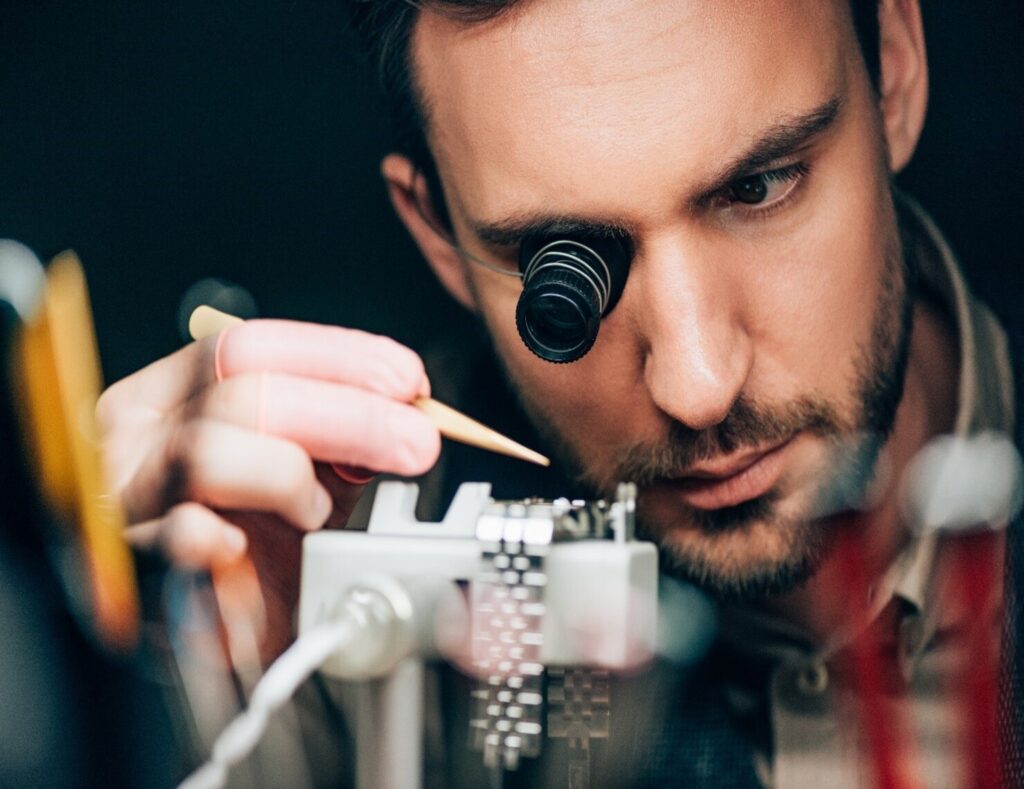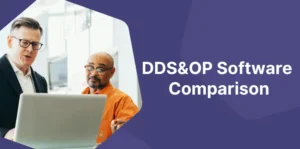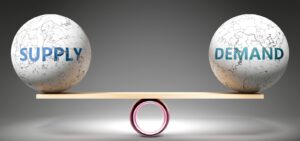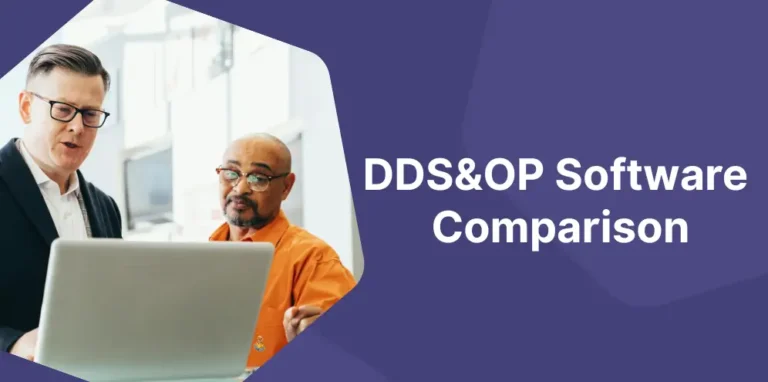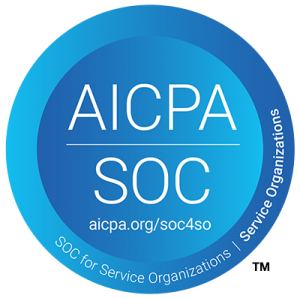I was recently reading a demonstration by a consulting firm advocating the search for “forecast excellence.”
The demonstration was unstoppable. The central argument? That improving the reliability of forecasts had beneficial effects for all the functions of the company.
Basically, the message was:
“IF you improve forecast reliability, THEN you can aim for a better inventory, organize a more stable production schedule, make a financial projection without surprises, and so on.
We can support you in this quest for forecasting excellence, from the perspective of people and skills, process orchestration, IT tools, and business intelligence to measure the results of your efforts.”
That’s right. IF I could predict the future very accurately, THEN I would be rich.
What’s more surprising is that the “IF” is not questioned.
So we have a plethora of promises on the market, with AI / ML approaches, probabilistic algorithms, technology, and consulting — enough to fill your business and IT roadmap for a while.
Nothing has changed. Even though events prove again and again that we are evolving in a largely unpredictable environment, an entire section of the supply chain software and consulting industry remains focused on improving the sacrosanct forecast accuracy.
What about IF? What IF it’s not possible to improve the reliability of forecasts? Or what if it is only possible at the margin? Or what if it is only possible in the very short term?
Does going from 65% to 70% forecast accuracy change the game dramatically? What would you say if your manufacturing process delivered only 70% of its products to spec?
It is undeniable that taking into account the weather or specific events — vacation departures, promotions, and so on — is essential for several stock deployment scenarios. However, those scenarios are most often calculated on a short-term horizon, especially when it comes to weather.
Improving Forecast Accuracy: A Thought Experiment
Let’s reverse the assumption.
IF you couldn’t rely on accurate forecasts THEN what would you do?
THEN?
Wouldn’t you want to shorten your lead times, establish agility with well-sized and controlled buffers, pace your operations as closely as possible to market consumption, and reduce the latency of replenishment signals?
Of course, we need forecasting, but this process must be simple, collaborative, and capable of capturing significant market information — our attention and efforts must be focused upstream, on orchestrating a continuously adaptable supply chain.
